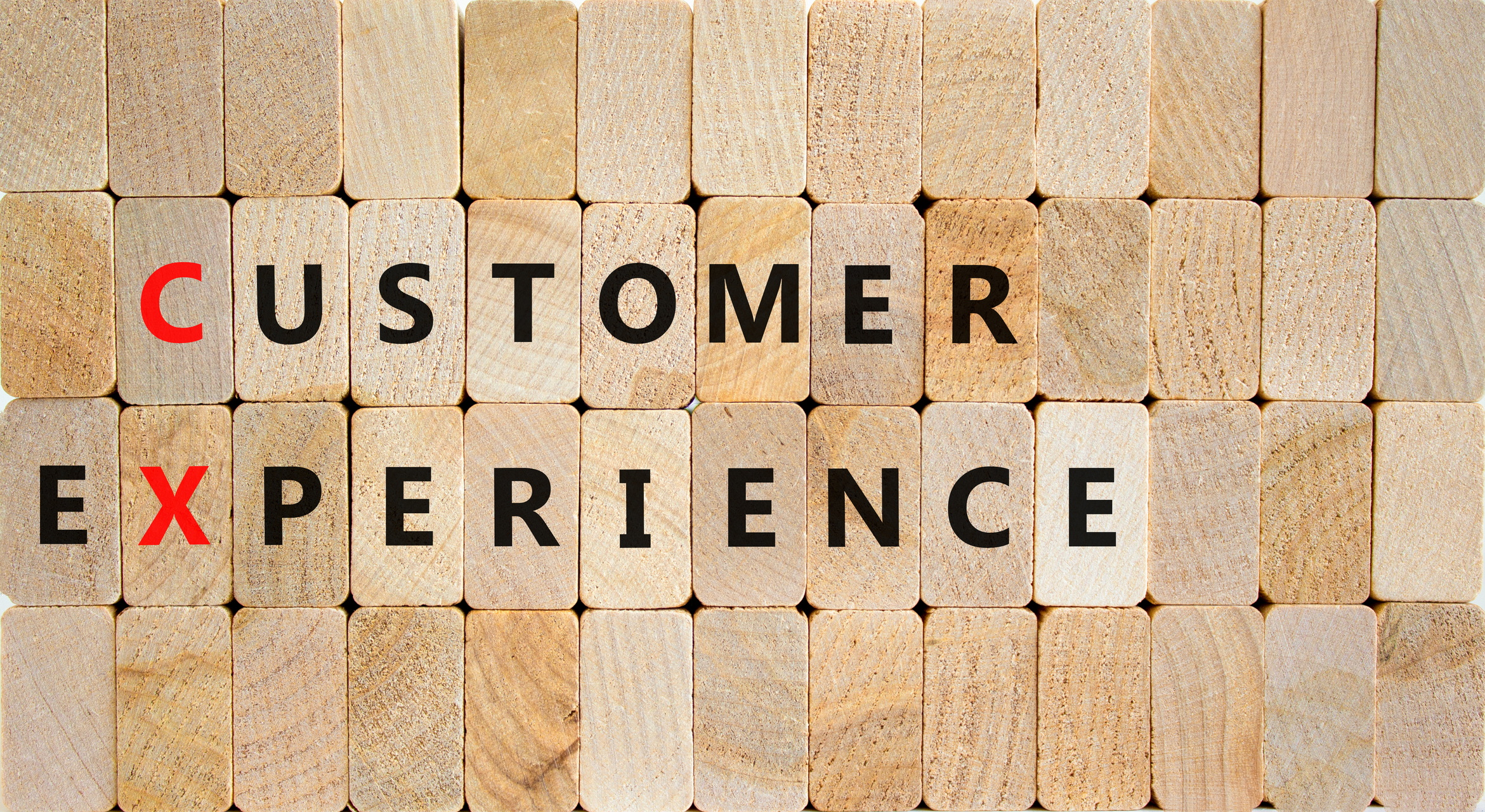A Human Future – Employee Experience = Customer Experience
June 22, 2022

You’ve heard the phrase ‘the future is now’ – its a human future – employee experience = customer experience.
Research has shown that when senior leaders focus on a human future ie/ people first the inevitable results include greater profitability, greater productivity and greater employee AND customer engagement.
Companies with highly engaged employees report 20% higher sales. Prior to the pandemic a lot of companies were focused on digital maturity including cloud migration and apps integration.
The pandemic shifted perspectives on many levels and while technology innovation is of paramount importance many leaders realized that you can have the best technology innovation but if you don’t have engaged workers you actually risk the future of the business.
At NextMapping our research has found direct correlation between happy and engaged employees translating into happy and engaged customers. It makes sense however, many companies have not made the overt link between happy ‘people’ translating into better business.
There is an opportunity for leaders to revisit strategy and to ensure that all strategic directives pass through the ‘people first’ test.
Over the past five years we’ve seen more organizations see the strategic advantage of having HR and IT at the forefront of strategic initiatives.
Companies that focus on elevated collaboration among department leaders and teams are seeing greater innovation.
In order to create an improved employee experience leaders need to lead with a focus on developing, guiding and mentoring workers.
Worker empowerment was once a buzzword and now its a strategic imperative.
Empowered employees consistently deliver improved customer service and help scale business growth more quickly.
Companies that actively engage employees have customer loyalty rates 233% higher than those that don’t.
Leaders who are focused on people as a whole rather than people as siloes are better able to help teams make the link on how to deliver consistent exceptional customer service.
Here are 8 ways that the leaders can elevate the employee experience which then translates to greater customer experience:
- 1. Paint a picture of the overall picture – great leaders help employees see the impact of their work on the overall company and the customer. (ie/ show how an employees role/department contributes to the customer experience).
2. Communicate clearly – research has found that employees do best when they know clearly ‘who does what’ and where they fit in the overall organization
3. Help employees to navigate ambiguity – communicating who does what is a baseline of clarity, the next level is to provide guidelines on what to do or who to go to with ‘out of the box’ situations
4. Real time coaching – leaders who provide real time feedback for employee performance are 76% more likely to have highly engaged employees
5. Candid conversations – along with real time coaching leaders who can address discomfort or difficult situations with employees find that their employees are better equipped to handle difficult customers
6. Create a map – leaders who can clearly define the impact of employee’s actions on customer experience through a visual helps employees to see the direct impact of their actions on customer satisfaction
7. Lead with compassion – leaders who have expanded their perspectives are better able to be more objective when leading their teams and to focus on the ‘whole’ person when having one on one’s which then increases employee trust. Greater trust within a culture translates to greater customer service decisions by employees.
8. Elevated collaboration – as leaders focus on a ‘people first ‘focus with their employees there is an elevated impact on employees abilities to collaborate and innovate across departments throughout the company which in turn creates innovative customer solutions.
As more and more companies deal with the ongoing challenges of the workers market, the great resignation and shifting employee/customer loyalty it is critically important that leaders make the shift towards seeing the very viability of the company’s future to be focused on the human experience.